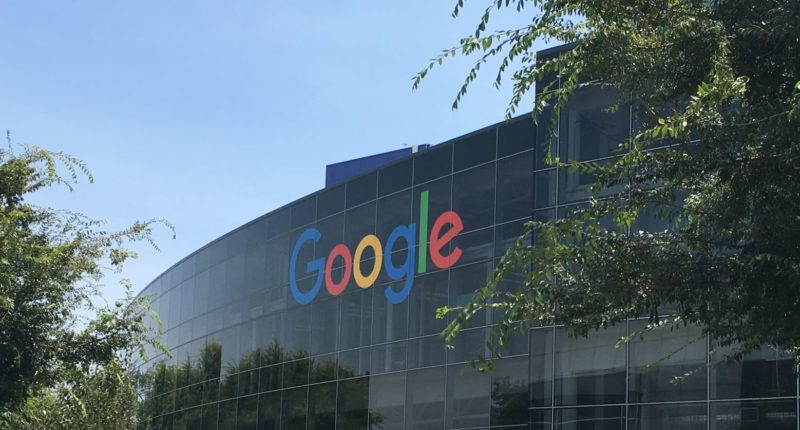In its efforts to build platform and services for the next billion people coming online around the world, Google had started a service called ‘Station’ in India, in the year 2015 which offered free public Wi-Fi at railway stations.
After setting up more than 400 stations so far in a partnership between Google, Indian Railways and Railtel, the company has now announced that it will be gradually winding down the service globally.
Google says that it is working with its partners so that it can “transition existing sites so they can remain useful resources for the community.” RailTel however, will continue to offer free Wi-Fi on stations where it had previously worked with Google.
In a statement, the company said: “We implemented Station in thousands of locations around the country in partnership with telecommunications companies, ISPs and local authorities. Over time, partners in other countries asked for Station too and we responded accordingly. We’re grateful for these partnerships, especially with the Indian Railways and the Government of India, that helped us serve millions of users over the last few years.”
The search giant is citing cheaper data prices as a reason to shut down the service. It claims that India now has the cheapest mobile data per GB in the world, with mobile data prices having reduced by 95 percent in the last 5 years. Hence, a free wifi service makes much less sense in terms of both utility as well as business. Mukesh Ambani backed Reliance Industries launched Jio almost a year after ‘Station’ launch. What happened next, is not unknown to anyone.
Google further adds that Indian users consume close to 10 GB of data each month, on average. Google also says that the governments and local entities have kicked off their own initiatives to provide easier, cost-effective access to the internet for everyone, thus diminishing the need of a free public wifi service.
However, the company says that its commitment to support the next billion users remains stronger than ever. It will continue to make the internet work for more people; building relevant and helpful apps and services; providing digital skills training for users and businesses and creating platforms to empower developers and internet users.
